



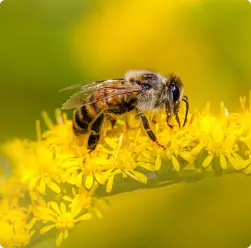

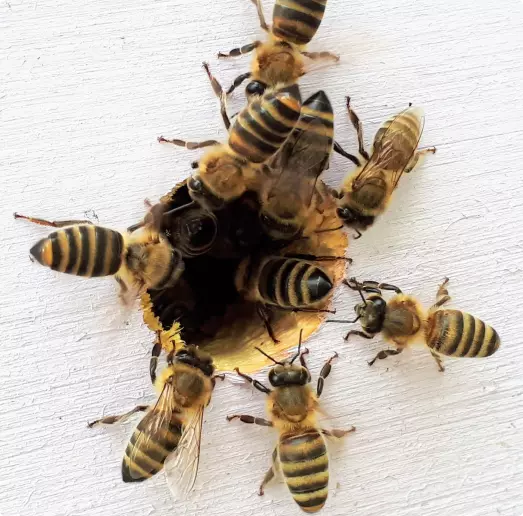
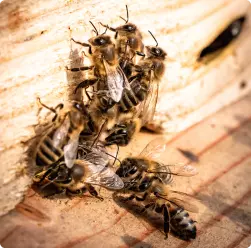
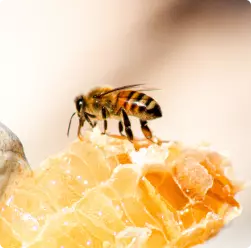
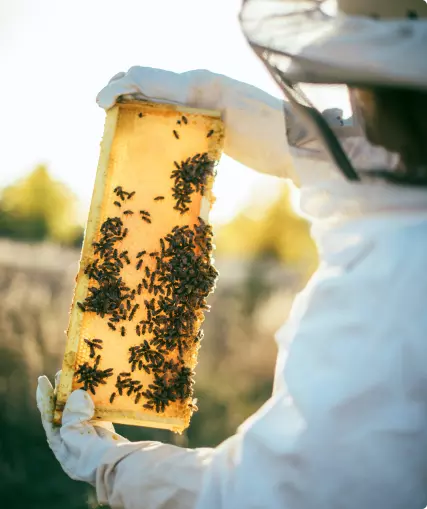
Produced
0
tones of honey every year
They visit
0
of the world’s top 107 crops
There are around
0
known bee species worldwide
Over
0
are native to the United States
Contribute
0
billion to the US economy

